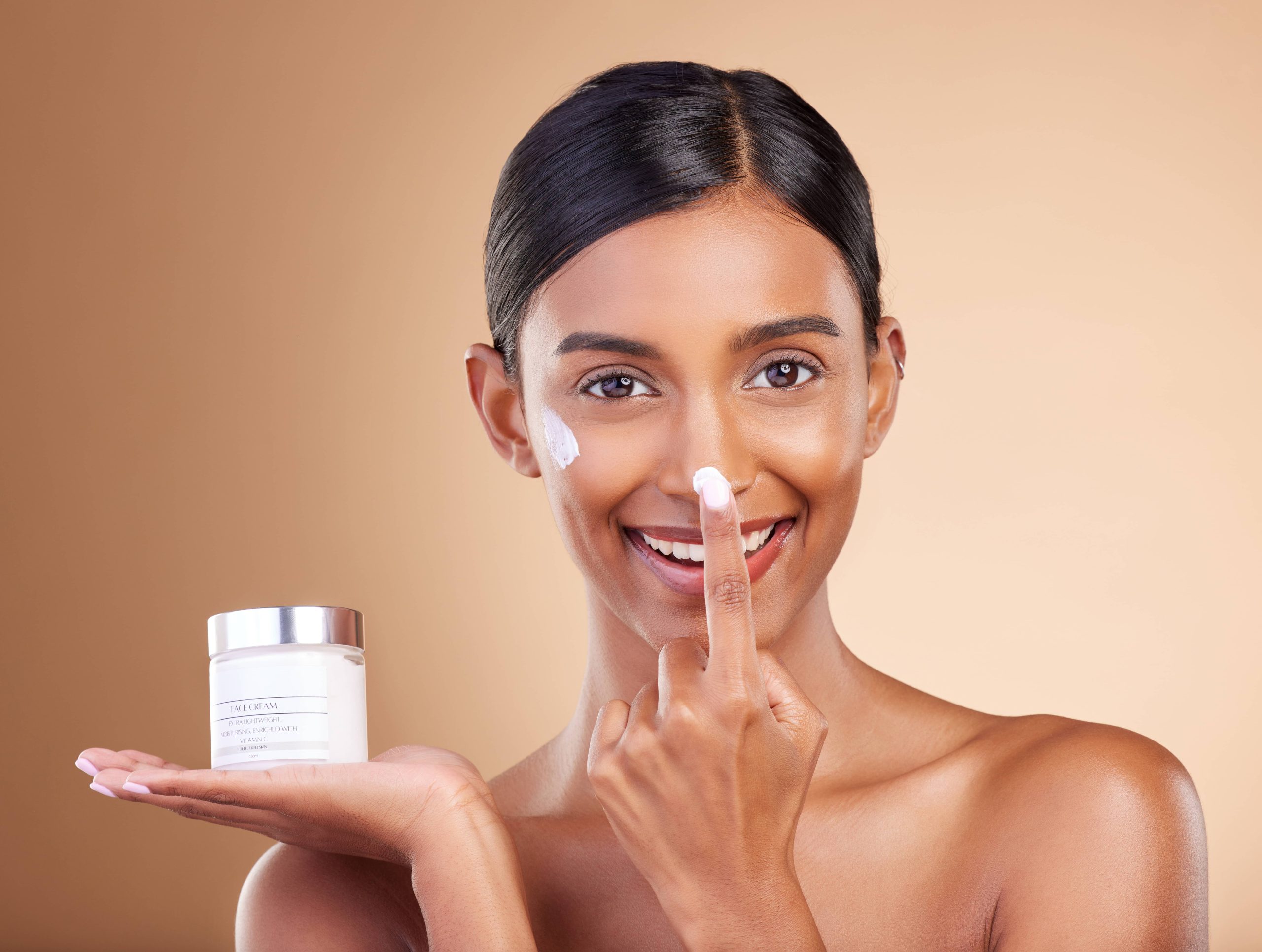
In the ever-evolving world of skincare, it’s easy to get overwhelmed by the plethora of ingredients being touted as the next big thing for achieving flawless skin. Among these, peptides have emerged as a significant and effective player. But what are peptides, why are they important, and how can they enhance your skincare routine? Let’s delve into understanding the role of peptides in skincare to help demystify this crucial ingredient.
What Are Peptides?
Peptides are short chains of amino acids, which are the building blocks of proteins. In skincare, peptides function as signal molecules that instruct your skin cells to behave in a specific way. When applied topically, they can encourage your skin to produce more collagen, elastin, and other proteins that make up the skin’s structure.
In simpler terms, peptides serve as messengers that enable skin cells to communicate effectively, prompting them to repair damage and revive your skin’s youthful appearance.
Why Peptides Are Important in Skincare
Peptides play vital roles in skincare, mostly due to their ability to signal the skin to rebuild itself. Here’s how they stand out:
1. Anti-Aging Properties:
As the natural production of collagen and elastin decreases with age, our skin starts showing signs of aging such as wrinkles, fine lines, and sagging. Peptides help by stimulating the production of these essential proteins, thereby aiding in reducing the appearance of wrinkles and promoting a firmer skin texture.
2. Enhanced Skin Barrier:
The skin barrier, also known as the acid mantle, is crucial for keeping bacteria, pollutants, and other potential toxins from entering the body. Peptides help in strengthening this barrier, which can lead to fewer breakouts and irritation.
3. Improved Elasticity:
Peptides encourage the production of elastin fibers, which are responsible for skin tightness and firmness. Improved elasticity means your skin can bounce back into shape, maintaining its youthful appearance.
4. Reduction of Inflammation:
Certain peptides exhibit anti-inflammatory properties, which can be beneficial for individuals with sensitive skin conditions like rosacea, eczema, and acne.
5. Hydration:
Many peptides have been shown to enhance moisture retention in the skin, essential for maintaining a soft and supple complexion.
Types of Peptides in Skincare
There are several types of peptides used in skincare formulations, each offering unique benefits:
1. Signal Peptides:
These peptides stimulate the skin to boost the production of collagen, elastin, and other proteins. They are known for their anti-aging effects, improving the skin’s overall firmness and youthful appearance.
2. Carrier Peptides:
Carrier peptides deliver trace elements like copper and magnesium to your skin. Copper peptides, in particular, have shown efficacy in wound healing and skin regeneration, making the skin appear more youthful and vibrant.
3. Neurotransmitter Peptides:
Often referred to as “Botox-like” peptides, these work by blocking the release of neurotransmitters that cause muscle contraction, leading to smoother skin with fewer expression lines.
4. Enzyme Inhibiting Peptides:
These peptides reduce the breakdown of collagen, thereby maintaining your skin’s integrity for longer periods.
How to Incorporate Peptides into Your Skincare Routine
To reap the maximum benefits from peptides, it’s important to incorporate them correctly into your skincare routine. Here are a few tips:
– Choose the Right Products: Look for serums and creams specifically formulated with peptides. These products typically have higher concentrations of active ingredients and are designed to penetrate deeply into the skin.
– Consistency is Key: Like any other skincare treatment, consistency is crucial. Include peptide-based products in your daily skincare routine to see noticeable results over time.
– Layering: Peptides can be layered with other active ingredients like hyaluronic acid, niacinamide, and antioxidants. Avoid combining them with direct acids or retinoids for best results, as these can degrade peptide effectiveness.
– Gentle Cleansing: Start with a gentle cleanser to remove makeup and impurities without stripping your skin’s natural oils, ensuring a clean base for peptide absorption.
– Sun Protection: During the day, always follow peptide application with broad-spectrum sunscreen to protect your skin from UV damage, which can counteract the benefits of peptides.
Conclusion
Peptides are a powerful ingredient in the realm of skincare, offering benefits that range from anti-aging to hydration and barrier improvement. They are versatile, making them suitable for all skin types and concerns, whether you’re looking to combat wrinkles, boost elasticity, or soothe inflammation.
In understanding the role of peptides, you’re not merely following a trend but embracing a scientifically-backed approach to skincare. As you explore different peptide-based products and treatments, you’ll discover how they work synergistically with other elements of your skincare routine to enhance your skin’s health and appearance. With patience and consistency, peptides can play a transformative role in achieving your best skin yet.



